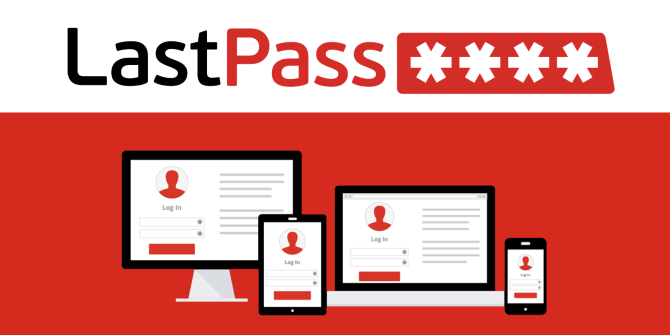


(Brave and Vivaldi can use this Chrome extension and SeaMonkey the Firefox one.) The first is the regular kind you can find in your browser's extensions library. There are two types of LastPass browser extensions. You can also download a Windows or Linux "universal installer" mini-app that will put the extension on every browser you have installed.

Supported browsers include Google Chrome, Microsoft Edge, Mozilla Firefox, Apple Safari and Opera. To use the LastPass browser extensions, as LastPass recommends, you must be running Windows 8.1 and above, "the two most recent major macOS versions" (currently includes 10.15 Catalina and later), Chrome OS or one of the most common distributions of Linux. With the addition of 1Password's full support for Linux (opens in new tab) on desktop, the two password managers are roughly comparable in terms of compatibility with major platforms. 1Password does not have a free option, but it does have a trial period of two weeks. LastPass' free tier lets you use the premium functions for a month.


 0 kommentar(er)
0 kommentar(er)
